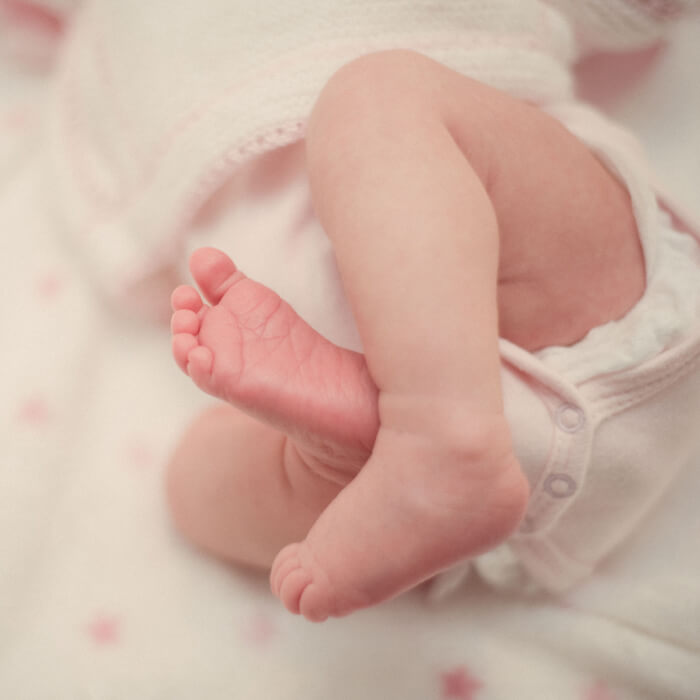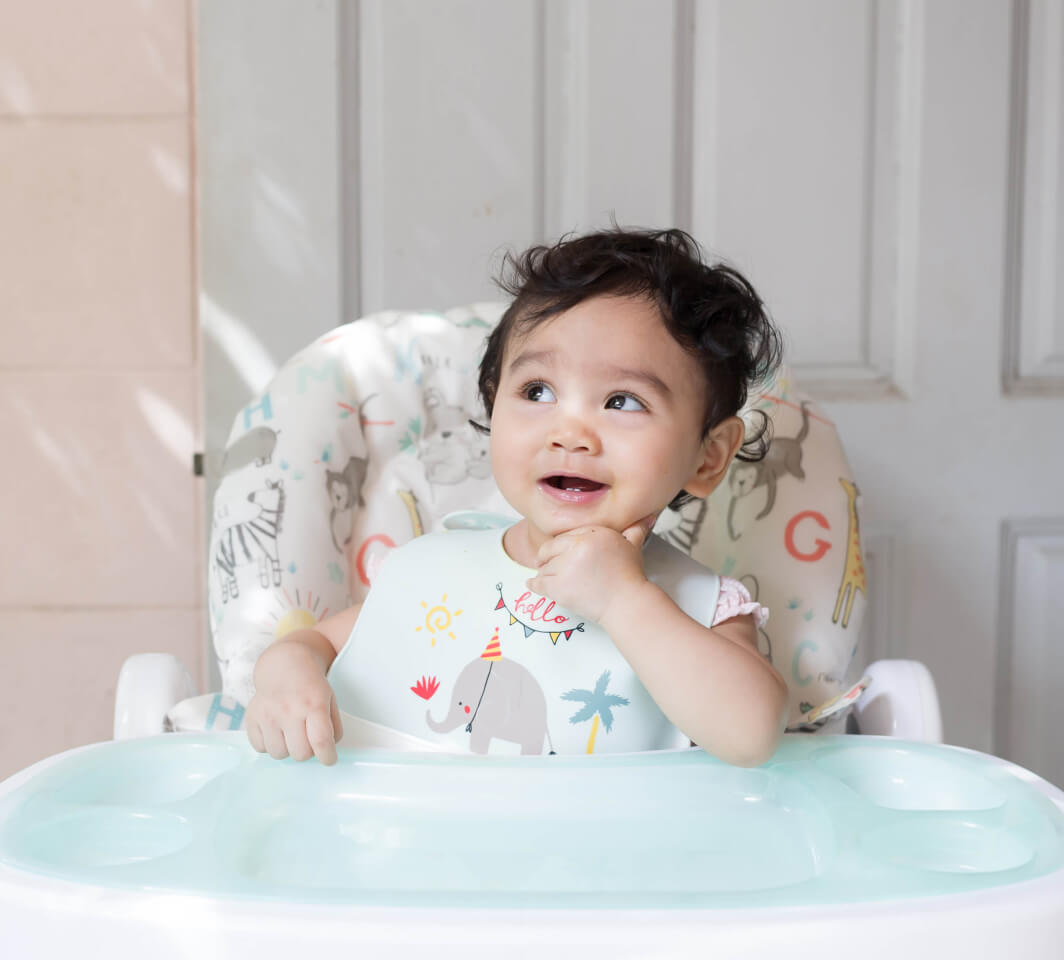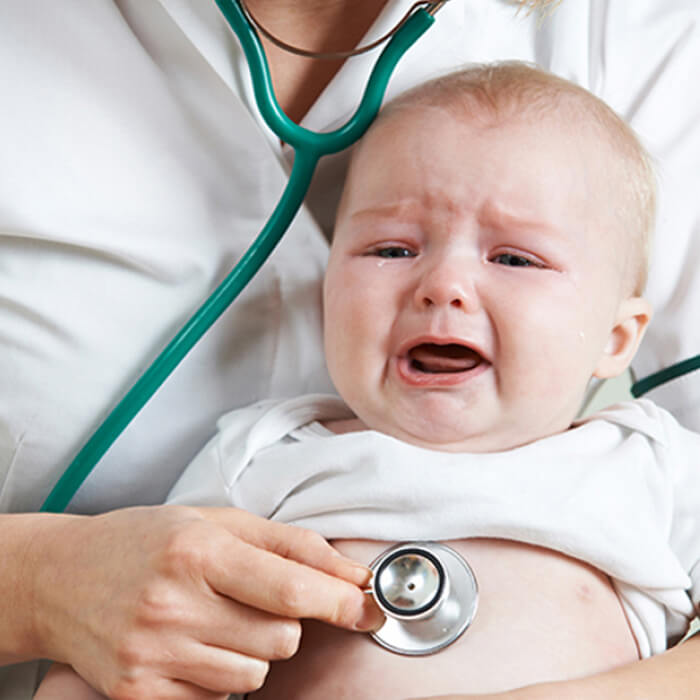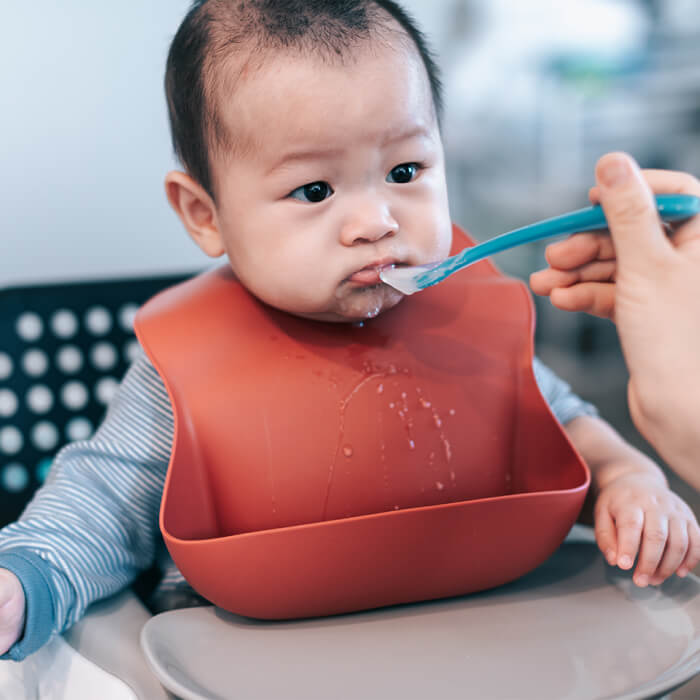all-you-need-to-know-about-baby-poop-colour
- Main Image
-

- Title
- All You Need to Know About Baby Poop Colour
- Short Description
-
Your baby’s stool changes in colour and consistency after birth and as he/she grows. Learn about baby poop colours you should expect and what they mean.
- Detail Page Path




